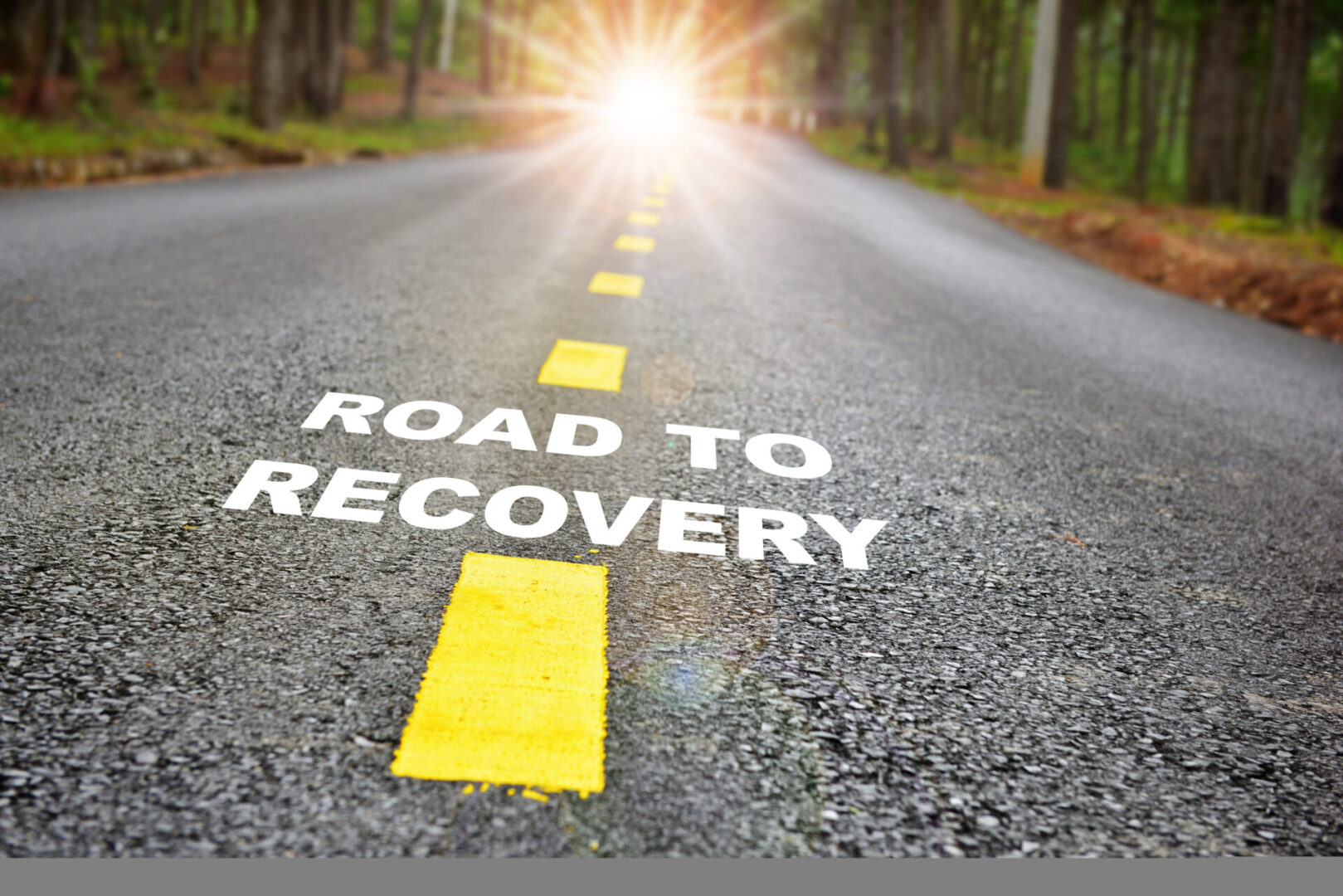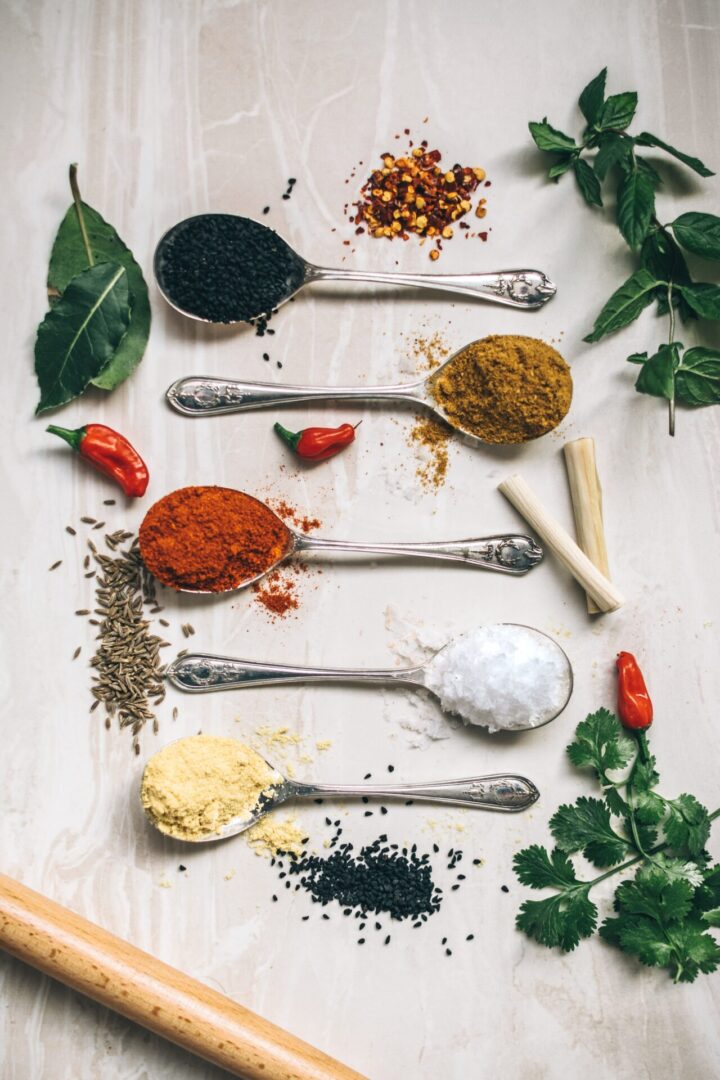
Addiction in the way I am going to write about it here can be contextualized as a neuro-spiritual/behavioral/genetic/psychological issue, characterized by a powerfully persistent compulsion to engage in compulsive behaviors, despite the risk of harm or other negative consequences to self and/or others. Repetitive use of substances that are dependency-forming or addictive can “turn on” addiction-prone genetics and even change brain function in ways that perpetuate cravings and feelings of powerlessness in the presence of addictive stimuli.
How do you know if you are addicted to a behavior, food, or substance? Ask yourself if your thoughts turn repetitively towards chasing pleasure or relieving suffering. Are there preoccupations with food, substances, behaviors or experiences in which you believe yourself to be incapable of resisting, despite the negative consequences of continued indulgence? For example: Have you sworn off of sugar in the morning, only to find yourself finding ways to obtain it in the afternoon? You might even justify an increased intake of fruit, sugary drinks, alcohol, or carb-rich substances by regarding the nutritional merit of eating these food choices as “better than eating a candy bar or cookie.”
There are many substances which are generally recognized for their potential to create dependencies or addictions. These include alcohol, marijuana, amphetamines, cocaine, nicotine, opioids, caffeine, and sugar. Certain behaviors and life experiences can also be addictive such as video gaming, gambling, food (eating disorders), pornography, sex/masturbation, shopping, work, and relationships. Addiction can be present without dependence, and dependence can be present without addiction, although they are often intertwined. All of these activate dopamine, a neurotransmitter that operates within the brain’s “reward system”, primarily regulating our experiences of motivation, mood, memory, libido, pleasure, and the compulsive cravings of addiction.
There are several risk factors that contribute to addiction vulnerability. There are personality-related traits that lead to poor impulse control and behavioral inhibition. There are genetic factors that when coupled with environmental cues, can express themselves into a repetitive pattern of addiction. One of the primary environmental factors that upregulate addictive genetics is past-childhood trauma (see the Adverse Childhood Experiences Study), which can also lead to mood dysregulation, such as anxiety and depression.
Age is another risk factor. Teenagers’ brains don’t have access to a fully developed command and impulse control center until 26 years of age, and yet as teens, their psychological development includes a strong momentum toward personal autonomy. This can be a dangerous combination. Substance abuse behaviors may originate from the early, unskillful attempts of teens and young adults to self-medicate themselves for anxiety, loneliness, shyness, and depression. The problem is, alcohol and street drugs can activate genetics that is associated with anxiety and depression; creating a vicious cycle of epigenetic upregulation, generating mental distress and mood disorders and thus triggering the reward-seeking brain which desperately wants to be relieved of its suffering. And from the outlook of the young adult brain, it may seem that the fastest and easiest route for obtaining that dopamine hit is the best way.
My family has a genetic quagmire of dopamine issues, coupled with the potential for mental and physical health problems that can be activated with alcohol and marijuana. We have a history of various ways we have all self-medicated that range from codependent relationships to weed to food and sugar to work and to alcohol. We are a family of addicts who only become aware when we hit rock bottom and life has collapsed in a hard and sudden crash around our ears! It is after the crash, once you have identified rock bottom, that the recovery journey can truly begin on emotional, mental, spiritual, and physical levels.
This abyss is one of the callings that must be heeded as one travels through the template of Joseph Campbell’s Hero’s Journey. If rock bottom is not acknowledged, and you ignore the call to listen and learn new skills for living in harmony with your genetics, and you ignore healing your perceived disconnection from the Divine; your propensity to tumble into an even deeper rock bottom and a more painful crash will be intensified! When you keep throwing yourself over the edge of the cliff, it becomes progressively harder to bounce off those jagged rocks waiting for you far below!
Sometimes rock bottom is the loss of a marriage or relationship. Sometimes it’s the loss of a career. Sometimes it’s the loss of your health. Other times it might be financial ruin or debt. We each have our own unique challenges to work with in life.
In addition to 12 step programs, I am a fan of healing trauma and the subsequent belief/behavior patterns that are at the root of unhealthy traits of a personality-driven by addiction. I also prescribe genetic testing for my patients in order to identify which genes need to be downregulated via modifications to their lifestyle practices.

And finally: I unequivocally support the use of plant medicine in the healing of addiction. To be clear, when I lead trauma healing retreats using plant medicines, I find I have to shift people’s expectations of plant medicine’s appropriate role in this process. Plant medicine is NOT a magic wand that you can passively take and expect it to move you or transform you into a different person. Rather, plant medicines are intended to quiet your analytical brain, put your inner critic at rest, and set your judging mind aside until the session has concluded. Plant medicines can connect you with your heart and your spirit. They are meant to create a therapeutic space where you can engage and consider perceptual shifts in your thinking, your feelings, your attitudes, and your habitual orientation to the life you have been living. In my retreats, these insights are then followed up by an integration process the following morning, where methods and procedures for building new neuronal networks and downregulating disease-state genetics can be identified and adopted for your personal practice going forward.
If you are trapped in the denigrating practices of self-doubt, self-delusion, self-abandonment, self-loathing, and you are still seeking your sense of worth and approval from sources outside of yourself -please know that it takes time and consistent, conscious practice to foster and restore compassionate curiosity and a lovingly secure attachment to yourself and the Divine within you.
Plant medicine is one tool that, in combination with a well-trained therapist and skillful facilitator, helps you identify and integrate your next steps. When done well, plant medicine in the hands of the right guide, moves you forward in your journey in identifying your self-saboteur, healing unhealthy habits and halting destructive addictions. From there, an empowering, positive attitude, stabilized awake awareness, and a forgiving, self-compassionate heart are attainable; revealing the authentic beautiful being that has been hidden behind your trauma patterns this whole time.